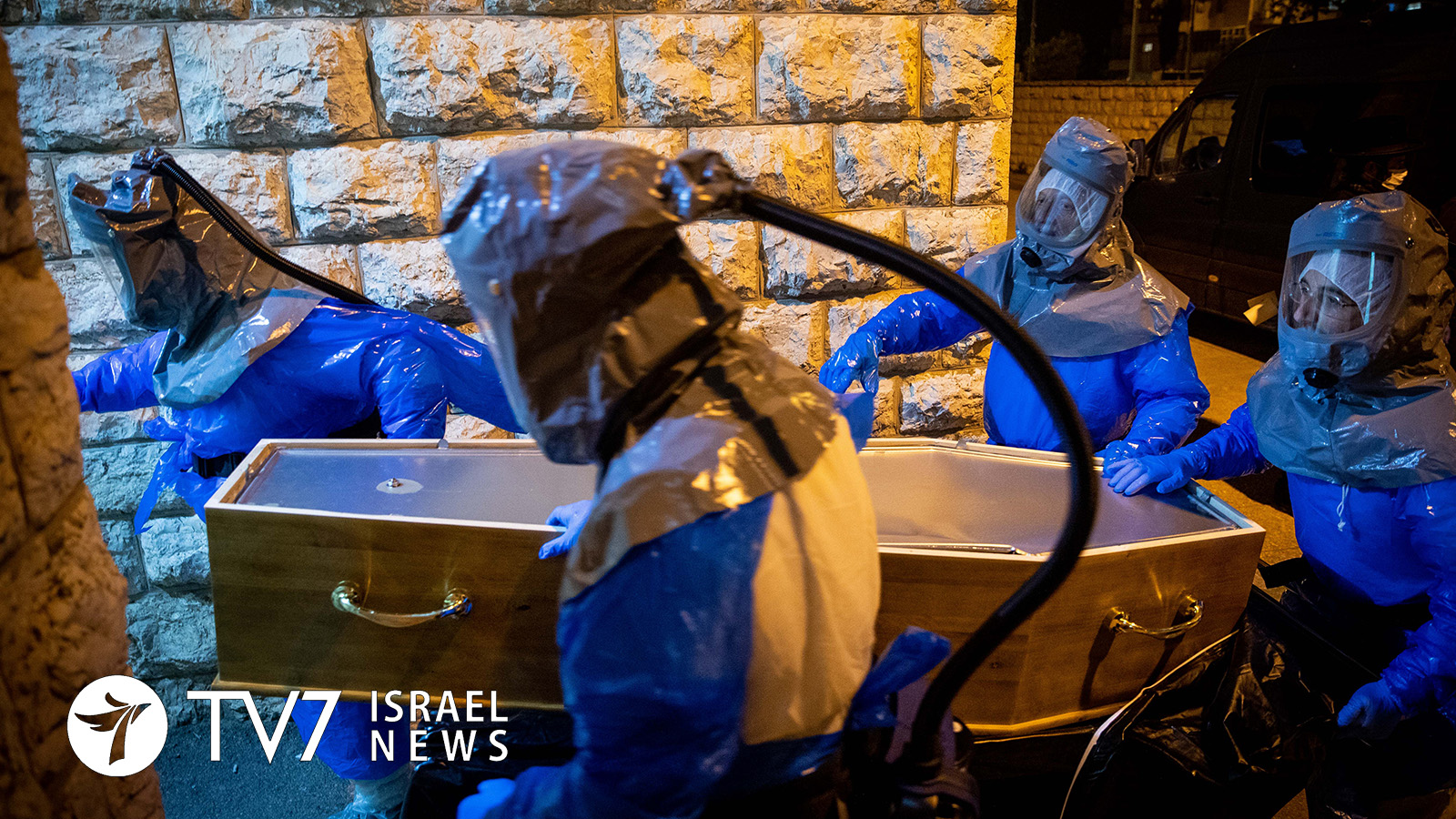Health Authorities insist that the coronavirus outbreak in Israel remains under control, even though challenges in mitigating the spread mount.
The mortality rate in the Jewish State has risen to five. There are more than 500 new cases of COVID-19 since yesterday, to a total of 2,030 citizens who have tested positive for the disease. 37 patients are in critical condition, while 54 have been diagnosed as moderately ill. On a happier note, 58 people have completely recovered from the disease.
Amid the deteriorating situation, however, the interim government in Jerusalem acting under the leadership of incumbent Prime Minister Benjamin Netanyahu has announced a series of new measures effective as of this evening. The directives bar all public transportation nationwide, with the exception of taxis limited to one passenger per trip. Any pedestrians found to be located more than 100 meters from their homes face up to ₪5,000 shekel fines (equivalent to about €1,260 or $1,370) and possible detention if they refuse to immediately return to their residences.
Food delivery and vital home maintenance services are permitted to maintain operations, whereas critical businesses that remain opened such as banks will be required to check the temperatures of each employee prior to entering the workplace.
All of the new restrictions have been published in entirety in several languages including English on Israel’s Ministry of Health website.
Israeli Defense Minister Naftali Bennett stated that massive social isolation” is mandated to provide sufficient time to allow the nation’s health authorities “to obtain a clearer picture of the situation.” He explained in a videotape message that public freedom of movement will remain restricted to offset an greater impact on the economy, until enough data has accumulated through widespread virus-testing. Minister Bennett said that officials are hoping to raise administration of the current 3,000 tests a day to as high as 30,000 in order to “gradually free up the economy.”
And while social distancing is crucial in thwarting the further spread of COVID-19, the top Israeli defense official stressed it is also essential to protect vulnerable elderly citizens. In addition, Minister Bennett urged greater caution in touching the surfaces of everyday items, such as elevator buttons, ATM machines and door handles; reminding people to use either gloves or tissues.
“Israel’s national plan to deal with the coronavirus,” outlined the Defense Minister, includes educating the public, massive social distancing, the closing or shortened-operations of all non-vital businesses, tracking the origin of infection, significant expansion of public testing and an increased number of medical equipment to successfully treat the growing number of patients. “If we do all of this within just a few weeks, 2 or 3 weeks, we will be able to gradually release the economy and allow people to return to work. That’s a national plan to beat, or get ahead, of the coronavirus,” he said.
